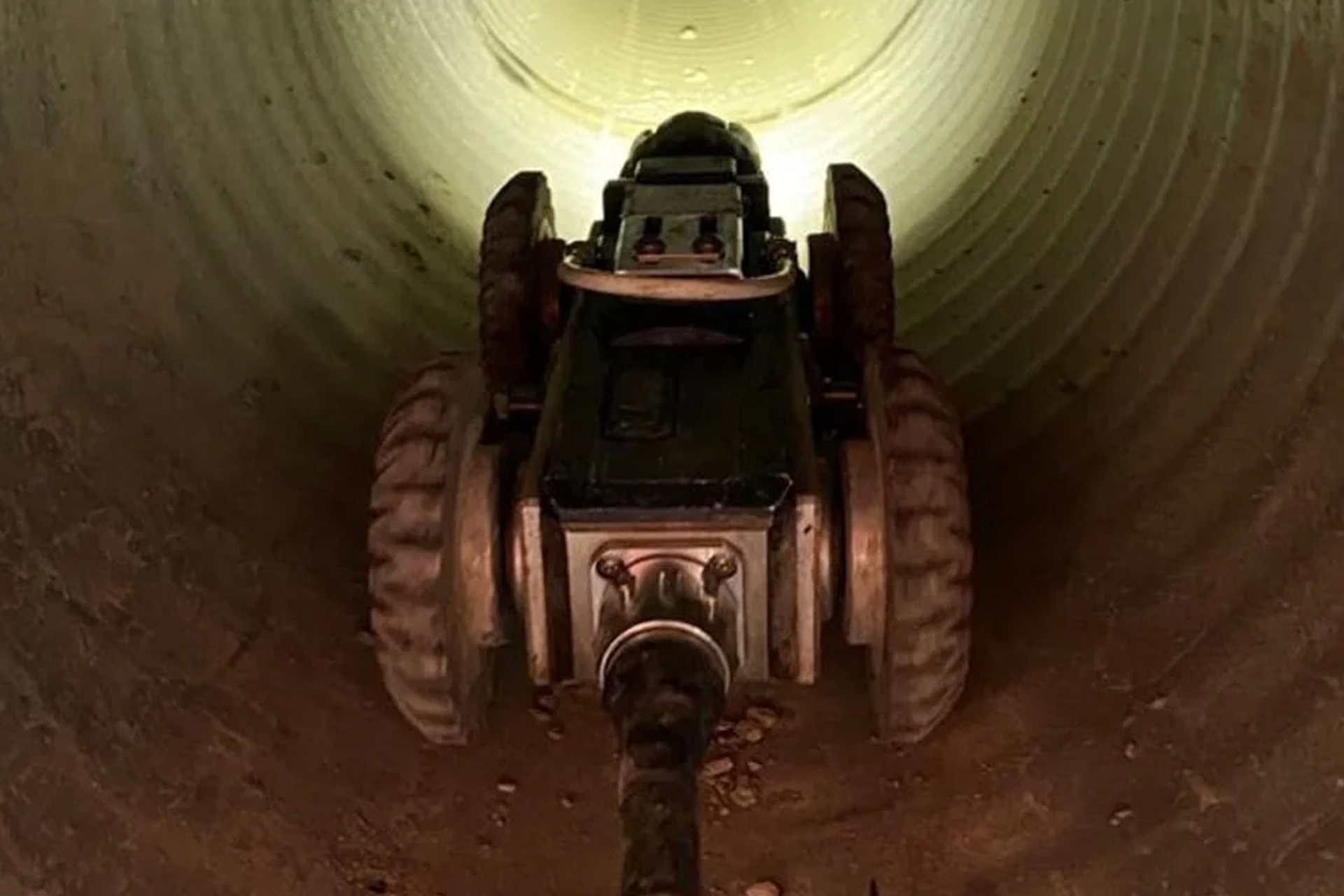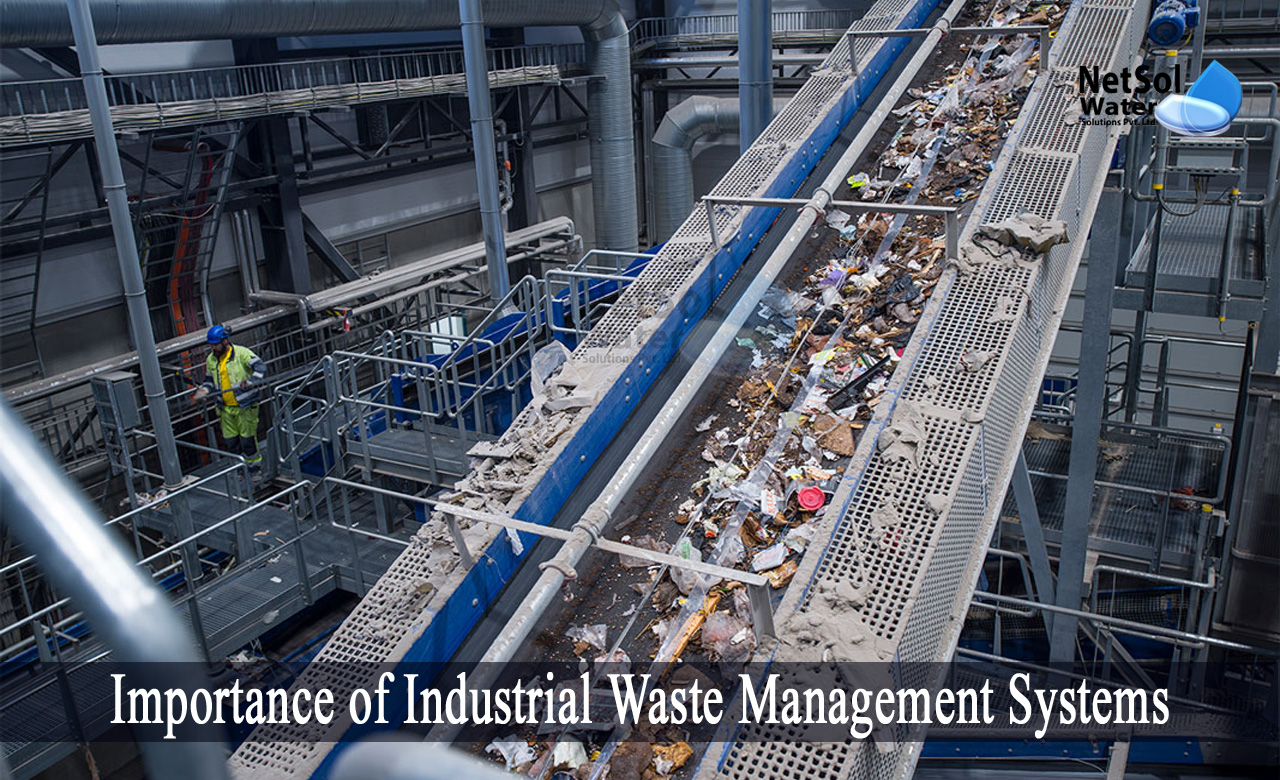The Buzz on Reclaim Waste
The Buzz on Reclaim Waste
Blog Article
Reclaim Waste Fundamentals Explained
Table of ContentsThe Greatest Guide To Reclaim WasteOur Reclaim Waste DiariesNot known Details About Reclaim Waste See This Report on Reclaim Waste7 Simple Techniques For Reclaim Waste
Check out the types, events, and types of liquid waste. Domestic sewage waste describes the waste and products from a residential sewage-disposal tank. This kind of waste is produced by humans in homes, institutions, and various other buildings. This only includes septic systems that have a drainpipe field. The proper administration and disposal of residential sewer waste need liquid waste to be transferred to a sewage treatment plant where the proper methods and tools are applied to cleanse and throw away waste.
Business waste often consists of potential threats, such as flammable products or a mixture of liquid and strong waste products, and calls for an advanced and in-depth disposal process. The disposal of business waste usually involves the filtration of waste before transport to ensure safe and correct disposal. Hazardous waste is developed from by-products and drainage of commercial processes and manufacturing.
This kind of waste can not use the same sewer monitoring transportation or procedures as septic or commercial liquids. The hazardous waste management process needs the assessment and testing of fluid waste before it undergoes the disposal process (liquid waste removal). Overflow waste is the fluid waste that comes from overflow and excess stormwater in extremely populated areas or cities
Drainage waste can trigger contamination and flooding if not dealt with effectively. Learn a lot more about sewer cleansing and waste monitoring. Guaranteeing appropriate waste monitoring can stop calamities and minimize ecological harm. Both individuals in property setups and professionals in commercial or production sectors can gain from comprehending the processes and policies of liquid waste administration.
The Best Strategy To Use For Reclaim Waste
Call PROS Services today to learn more about our waste monitoring and disposal solutions and the appropriate methods to take care of the fluid waste you create.
(https://www.goodreads.com/user/show/183557660-leon-aube)Do you recognize what happens to your water when you disengage, purge the toilet or drain pipes the cleaning machine? No? Well, it deserves knowing. This so-called 'wastewater' is not only a vital source but, after therapy, will certainly be launched to our land, rivers or the sea. Used water from toilets, showers, baths, kitchen Going Here area sinks, washings and industrial procedures is called wastewater.

water utilized to cool down equipment or tidy plant and equipment). Stormwater, a form of wastewater, is drainage that flows from farming and city locations such as roofs, parks, gardens, roadways, paths and seamless gutters into stormwater drains, after rain. Stormwater moves unattended directly to regional creeks or rivers, at some point getting to the ocean.
Everything about Reclaim Waste
In Queensland, the majority of wastewater is treated at sewer therapy plants. Wastewater is delivered from domestic or commercial websites via a system of sewage systems and pump stations, known as sewerage reticulation, to a sewer therapy plant.
The Department of Natural Resources encourages neighborhood governments about handling, operating and preserving sewerage systems and therapy plants. In unsewered locations, city governments may call for homeowners to mount individual or house sewage treatment systems to treat residential wastewater from toilets, kitchen areas, shower rooms and washings. The Department of Natural Resources authorises using family systems when they are shown to be reliable.
In some brand-new class, therapy of some stormwater to get rid of clutter, sand and gravel has actually begun using gross pollutant catches. Wastewater therapy happens in four phases: Gets rid of solid matter.
Uses tiny living microorganisms knows as micro-organisms to break down and eliminate continuing to be dissolved wastes and great bits. Micro-organisms and wastes are included in the sludge.
The 30-Second Trick For Reclaim Waste
Nutrient removal is not readily available at all sewage therapy plants due to the fact that it needs costly specialized devices. It is becoming more usual in Queensland. Clear liquid effluent produced after therapy may still have disease-causing micro-organisms. If this effluent is launched into rivers such as rivers or the sea, the micro-organisms will at some point die out.

Most wastewater flows into the sewerage system. Under the Act, neighborhood governments provide authorizations and permits for ecologically appropriate tasks (Ages) entailing wastewater releases that may have a regional effect.
The Ultimate Guide To Reclaim Waste
Surveillance gives valid info about water top quality and can verify that licence problems are being satisfied. The details obtained through tracking provides the basis for making water quality decisions.
Report this page